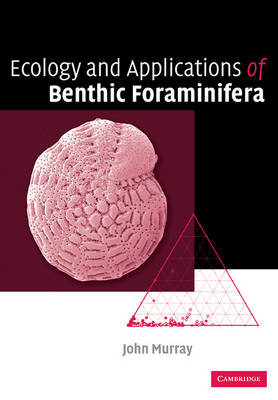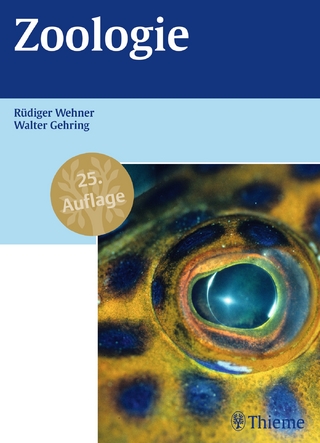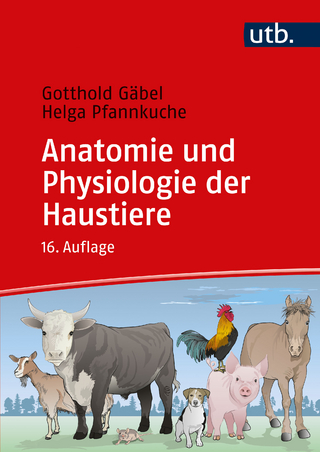
Ecology and Applications of Benthic Foraminifera
Seiten
2008
Cambridge University Press (Verlag)
978-0-521-07009-6 (ISBN)
Cambridge University Press (Verlag)
978-0-521-07009-6 (ISBN)
This 2006 book explains how fossil forms of benthic foraminifera are used in dating rocks and reconstructing past environmental features. It also shows how living foraminifera are used to monitor modern-day environmental change. It is an important reference for researchers and graduate students in Earth and Environmental Sciences.
In this 2006 volume John Murray investigates the ecological processes that control the distribution, abundance and species diversity of benthic foraminifera in environments ranging from marsh to the deepest ocean. To interpret the fossil record it is necessary to have an understanding of the ecology of modern foraminifera and the processes operating after death leading to burial and fossilisation. This book presents the ecological background required to explain how fossil forms are used in dating rocks and reconstructing past environmental features including changes of sea level. It demonstrates how living foraminifera can be used to monitor modern-day environmental change. Ecology and Applications of Benthic Foraminifera presents a comprehensive and global coverage of the subject using all the available literature. It is supported by a website hosting a large database of additional ecological information (www.cambridge.org/0521828392) and will form an important reference for academic researchers and graduate students in Earth and Environmental Sciences.
In this 2006 volume John Murray investigates the ecological processes that control the distribution, abundance and species diversity of benthic foraminifera in environments ranging from marsh to the deepest ocean. To interpret the fossil record it is necessary to have an understanding of the ecology of modern foraminifera and the processes operating after death leading to burial and fossilisation. This book presents the ecological background required to explain how fossil forms are used in dating rocks and reconstructing past environmental features including changes of sea level. It demonstrates how living foraminifera can be used to monitor modern-day environmental change. Ecology and Applications of Benthic Foraminifera presents a comprehensive and global coverage of the subject using all the available literature. It is supported by a website hosting a large database of additional ecological information (www.cambridge.org/0521828392) and will form an important reference for academic researchers and graduate students in Earth and Environmental Sciences.
John Murray was awarded a DSc by the University of London. He has held honorary positions with the Palaeontological Association, the Micropalaeontological Society and the Geological Society of London.
1. Introduction; 2. Methods; 3. Aspects of biology and basic ecology; 4. Marginal marine environments; 5. Shelf seas; 6. Carbonate environments; 7. Deep sea; 8. Summary of living distributions; 9. Taphonomic processes: formation of dead and fossil assemblages; 10. Applications; Glossary; Appendix 1. Ecological data; References; Web appendices; Web appendix 1. References discussing taxonomy, dead or total assemblages; Web appendix 2. Faunal reference list; Living/stained foraminiferal data tables.
| Erscheint lt. Verlag | 31.7.2008 |
|---|---|
| Zusatzinfo | 8 Tables, unspecified; 34 Halftones, unspecified; 41 Line drawings, unspecified |
| Verlagsort | Cambridge |
| Sprache | englisch |
| Maße | 170 x 244 mm |
| Gewicht | 690 g |
| Themenwelt | Naturwissenschaften ► Biologie ► Zoologie |
| ISBN-10 | 0-521-07009-0 / 0521070090 |
| ISBN-13 | 978-0-521-07009-6 / 9780521070096 |
| Zustand | Neuware |
| Haben Sie eine Frage zum Produkt? |
Mehr entdecken
aus dem Bereich
aus dem Bereich
Management und Fütterung als Basis der leistungsbereiten …
Buch | Hardcover (2024)
Stocker, L (Verlag)
34,00 €


